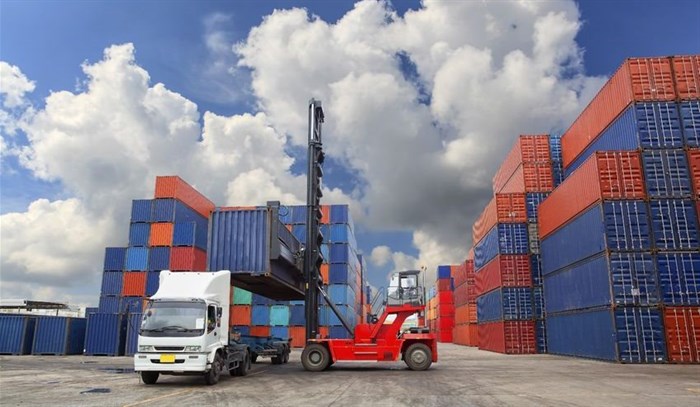It's no secret that Africa has its share of challenges. Talent retention, a lack of adequate logistics infrastructure and ongoing changes and reviews of the regulatory framework remain key challenges in the world's fastest-growing continent. But not all is doom and gloom, as with growth comes prosperity. The African market has proven itself ahead of the curve in many respects, with countless opportunities lying just beneath the surface.

©Nattanan Srisut via
123RFDigitalisation is key
Working in the logistics space on the continent for the last five years, I remain amazed by the amount and pace of innovation happening in Africa. Start-ups are booming, and the ever-resourceful and forward-looking African people are constantly finding new and technological solutions to overcome their numerous challenges.
Africa is the world’s youngest continent with 60% of the continent below 25 years of age. This is a dynamic generation of digitally-minded young adults, demanding smart, digital solutions both on the business and home front.
This makes Africans more open to change and able to adopt new technology much faster. We, for example, saw mobile payments breakthrough in Kenya years ago with M-PESA, and I have no doubt that many other start-ups will seize similar opportunities across various sectors in the years to come.
At Saloodo!, for example, the adoption of our platform in South Africa is indicative of the continent’s hunger and commitment for digital growth. We have made good progress connecting companies and transport providers since we introduced our digital services in autumn 2019.
Advancing logistics in Africa
For logistics operators, Africa is the land of opportunity. It covers 20% of the world’s land area, has 1.3 billion people, a huge market potential and a dire need for an efficient logistics ecosystem.
Yes, the continent’s infrastructure is not as well established as more developed parts of the world. Nonetheless, we have seen investments in Africa that have made a difference to the infrastructure. Most recently, the Tanger Med port in Morocco has expanded its capacity – from a capacity of 3.5 million TEU in 2007 to 9 million TEU today. This is now featured as the top twenty ports worldwide and has reached a similar capacity as well-known ports like Hamburg in Germany for example.
As the continent’s infrastructure continues to evolve, logistics cost continues to weigh heavily on the country’s Gross Domestic Product (GDP)In the 2015 book Who’s Getting Globalized? The Size and Implications of Intra-national Trade Costs, authors David Atkin and Dave Donaldson reckon that the cost of transporting goods could be up to five times higher (per unit distance) in some sub-Saharan African countries than in the United States.
Naturally, there are huge opportunities to improve and reduce the cost for all parties involved including shippers, consignees and most importantly, the end consumer. It will take time for infrastructural development to catch up with the first world, but since the market continues to grow, global multinationals and local businesses alike will continue to seize market gaps and arising opportunities.
Capitalising on intra-regional growth
With its latest economic game-changer coming in the form of a new free trade agreement, the continent looks to be well on track. After four years of negotiations, the African Continental Free Trade Agreement (AfCFTA) came into effect in May 2019.
With 54 countries in the bloc — forming a free trade area covering more than a billion people, and with market size of around US$2.5tn (€2.26tn) — the AfCFTA is a landmark development.
The agreement aims to create a single market for its member states’ goods and services, facilitate free movement of people and investments, and eventually launch a single-currency union. This presents yet another massive opportunity for growth.
There is no better time to invest in Africa’s growth story as it quickly develops into one of the global economy’s greatest assets.







































